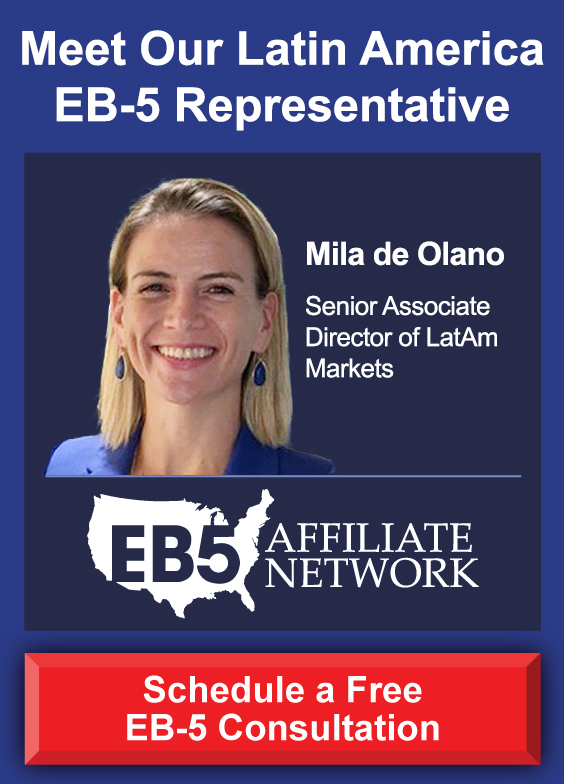
The EB-5 Immigrant Investor Program is one of the most popular U.S. immigration paths for foreign investors, attracting millions in foreign investment capital to the United States each year. The EB-5 program offers investors two pathways to obtain U.S. green cards for themselves and their immediate family members: direct investment in a qualifying EB-5 program, which entails direct involvement in the day-to-day management of the new commercial enterprise (NCE), or investment through an EB-5 regional center, which relieves the investor of the burden of intensive managerial work.
By far, the regional center route is the more popular one—not only does it offer more freedom, allowing applicants to infuse EB-5 investment capital into an EB-5 project in Florida, for example, yet to settle in New York, but it also loosens the requirements for job creation, making it easier to obtain U.S. permanent resident status.
The only problem is that the EB-5 Regional Center Program is not a permanent U.S. government program. While the Direct Investment Program has been made permanent, the Regional Center Program continues to need periodical reauthorization from the U.S. government. Since its inception, the program has been granted short-term extensions through its inclusion in government funding bills.
Previously, the Regional Center Program was set to expire on September 30, 2020, but Congress breathed new life into it until December 11, 2020. Failing to negotiate funding and legislation for 2021 within the two-and-a-half-month period, Congress extended the Regional Center Program by another week until December 18, 2020, giving them extra time to work out a solution for 2021.
Given the popularity of the Regional Center Program and the efficacy of the EB-5 program in pumping EB5 investment capital into the U.S. economy and stimulating job growth in targeted employment areas (TEAs), it’s highly unlikely that the program will be discontinued. However, until the Regional Center Program is finally made permanent, the EB-5 industry will be required to keep up to date on Congress’s frequent extensions of the program.











